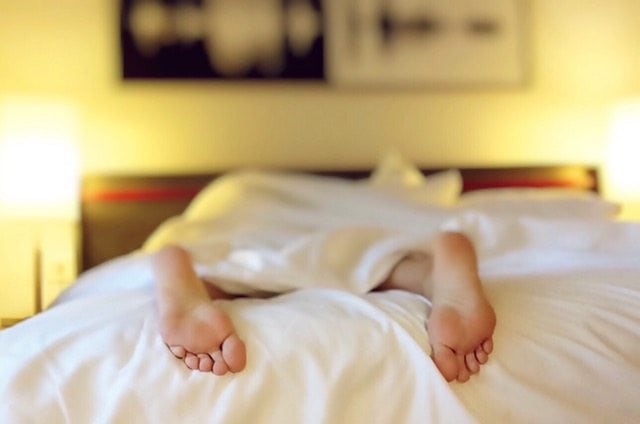Sleep is a really important factor to consider in your quest for optimal health, since a lack of sleep can increase your risk of heart disease and raise your blood pressure. In addition it can contribute to premature aging by interfering with your growth hormone production by halting new cell production; worsen constipation and increase your risk of dying from any cause! It can also aggravate, or make you more susceptible to, stomach ulcers and contributes to a pre-diabetic state.
Staying with the sun
Ideally, according to our in-built biorhythms, we should be preparing for sleep within a short period after sunset (or as close as possible) and rising with the sun. Obviously, given most people’s lifestyles, this is not necessarily realistic or even manageable, but there are many other things you can do to create better sleep habits, and therefore better health.
How much sleep?
Firstly, you need to consider the amount of sleep you’re getting. Too little sleep (less than six hours) or too much (more than eight hours) results in an excess production of the hormone cortisol (a stress hormone), which can have a suppressive effect on the immune system.
When are you sleeping?
Also, between the hours of approximately 10.00pm and 2.00am, the body deals with physical repair (whereas psyche repair happens between 2.00-6.00am). This means that the immune system is working hard to try and boost your health through this period and so, the later you get to sleep, the less time you allocate yourself for this vitally important task.
Where are you sleeping?
Secondly, look at the environment in which you’re sleeping. It should be so dark that you cannot see your hand in front of your face. Any light picked up by your skin (a sensory organ) will diminish the production of melatonin (a great immune-strengthening hormone and our primary ‘sleep’ hormone). It can also prevent cortisol levels from falling at night, which means that it is unable to rise in the morning to deal with the day’s stressors – this usually leads to the need for an alarm to wake up in the morning (and the feeling of exhaustion that accompanies it).
Thirdly, keep lights dimmed at night and avoid watching television (particularly within the hour or two before going to sleep) or working on your computer in the evenings as these activities tend to stimulate cortisol output, making it difficult to unwind properly. Fourthly, be sure to remove any electrical or cellular appliances that may be situated near the body (within a metre or two) while you are sleeping.
